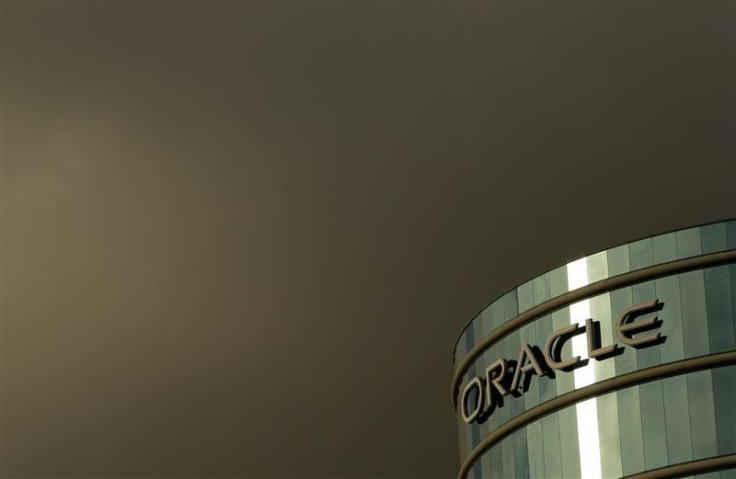Buying Spree: 3 Reasons Why Oracle, Google, IBM Buying Now After Facebook Disaster

Now that the initial public offering of Facebook (Nasdaq: FB), the No. 1 social networking site, has lost 32 percent of its value, technology giants including International Business Machines Corp. (NYSE: IBM), Oracle (Nasdaq: ORCL) and Google (Nasdaq: GOOG) are on a shopping spree.
Since Facebook's May 17 IPO that raised $16 billion for the Menlo Park, Calif.-based company, the trio has acquired at least six companies for at least $3 billion.
In another era, it's likely management of Concept Excellence, Vitrue Technology and Meebo and the others might have preferred their own IPOs.
Instead, they sold their respective companies to Oracle and Google rather than take the Facebook route.
Here are three reasons why they likely chose this:
Technology execution risk. These companies have created their own platforms, products and technology and won customers. Even if they aren't profitable yet, they have accomplished the technology execution risk that attracts a bigger buyer seeking to plug a gap, said Aftab Jain, national technology practice leader for BDO, that big accounting firm.
A buyer like Salesforce.com in San Francisco is willing to pay $745 million for a marketing software developer like Buddy Media of New York because it wants to compete better. That company already enabled Virgin Mobile Live to attract new customers on Facebook, which gives a buyer a leg up over the competition.
IBM acquired Tealeaf Technology of San Francisco because it had analytical software for online purchases. To be sure, Tealeaf itself was a spinoff of rival SAP AG (NYSE: SAP) of Germany, Europe's biggest software company and a rival of both IBM and Oracle!
Facebook's debacle was the worst but not the first. Facebook, with a reported 901 million members, ginned up demand for its shares. Surely it's the only technology IPO that ever had an Oscar-winning movie made about it.
Also, there are still many answers as to why initial trading in Facebook shares on Nasdaq was so fouled up on May 18, when the first trades came in at $42.05 and then the computerized system essentially froze for 30 minutes.
But last year saw two eagerly anticipated IPOs of companies with big consumer bases that also got into hot water with the U.S. Securities and Exchange Commission: Groupon (Nasdaq: GRPN) and Zynga (Nasdaq: ZNGA).
Both companies languished for months in registration because the SEC had questions about their accounting and strategies. Indeed, Groupon in March had to admit a material weakness in its 2011 financials, although last month was able to report its first profit as a public company.
Shareholders of Chicago-based Groupon are surely annoyed. Their loss is already 63 percent. And Zynga shareholders? Their loss since the December IPO is only 40 percent.
Rather than put up with this - as well as potential class-action lawsuits - it's easier for managements and venture capital investors to bail out when deep-pocketed buyers call.
There's a buyer's market. Even companies that have warned about slowing orders in Europe like Cisco Systems (Nasdaq: CSCO), the No. 1 provider of Internet equipment, have said they have the cash and desire to buy companies that fill strategic gaps.
That accounts for the recent activity. Cisco, of San Jose, Calif., reported cash and investments exceeding $49 billion in its most recent quarter. IBM, of Armonk, N.Y., reported holding about $12.3 billion. Oracle had nearly $30 billion and Google had $49.3 billion.
These deep wallets may ensure a busy 2012 for mergers and acquisitions in technology, if a very slow one for IPOs.
© Copyright IBTimes 2025. All rights reserved.






















